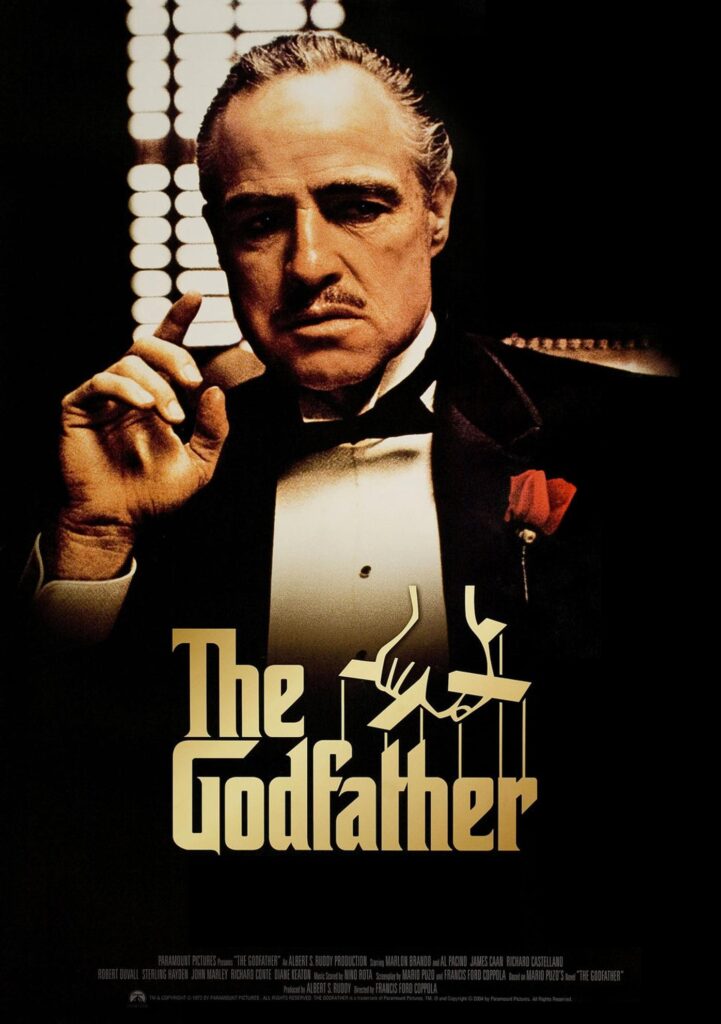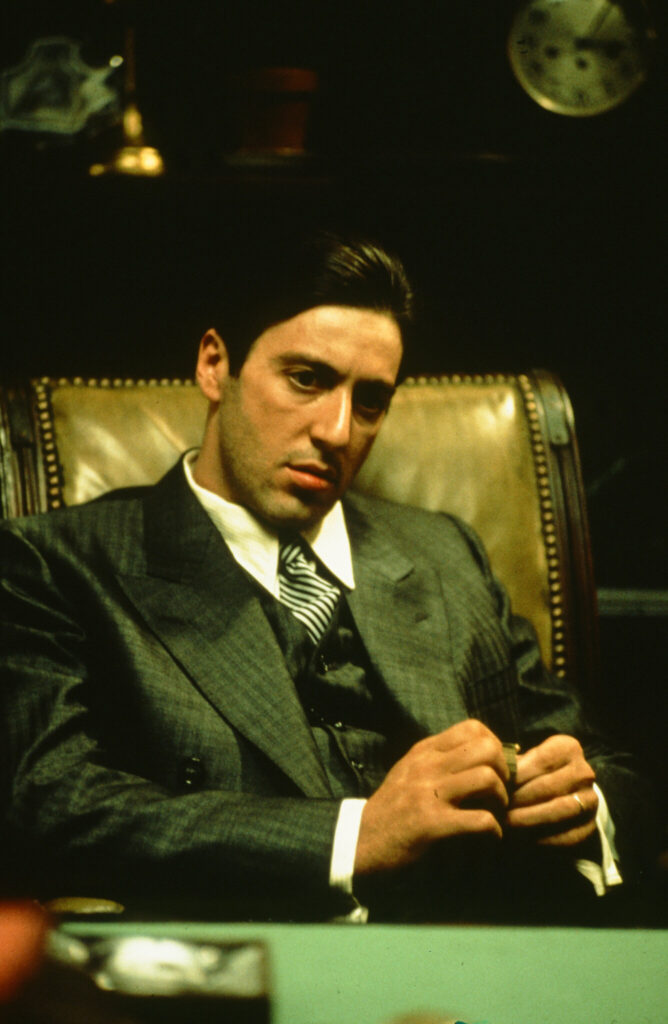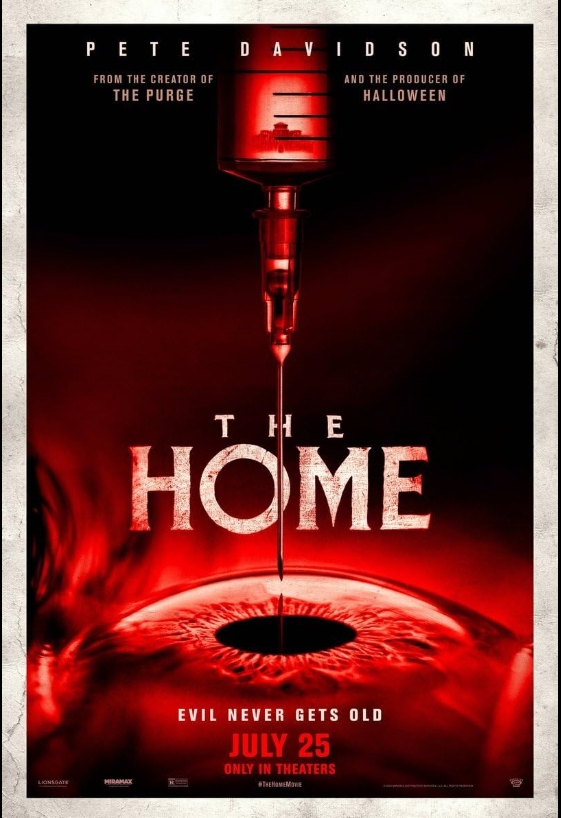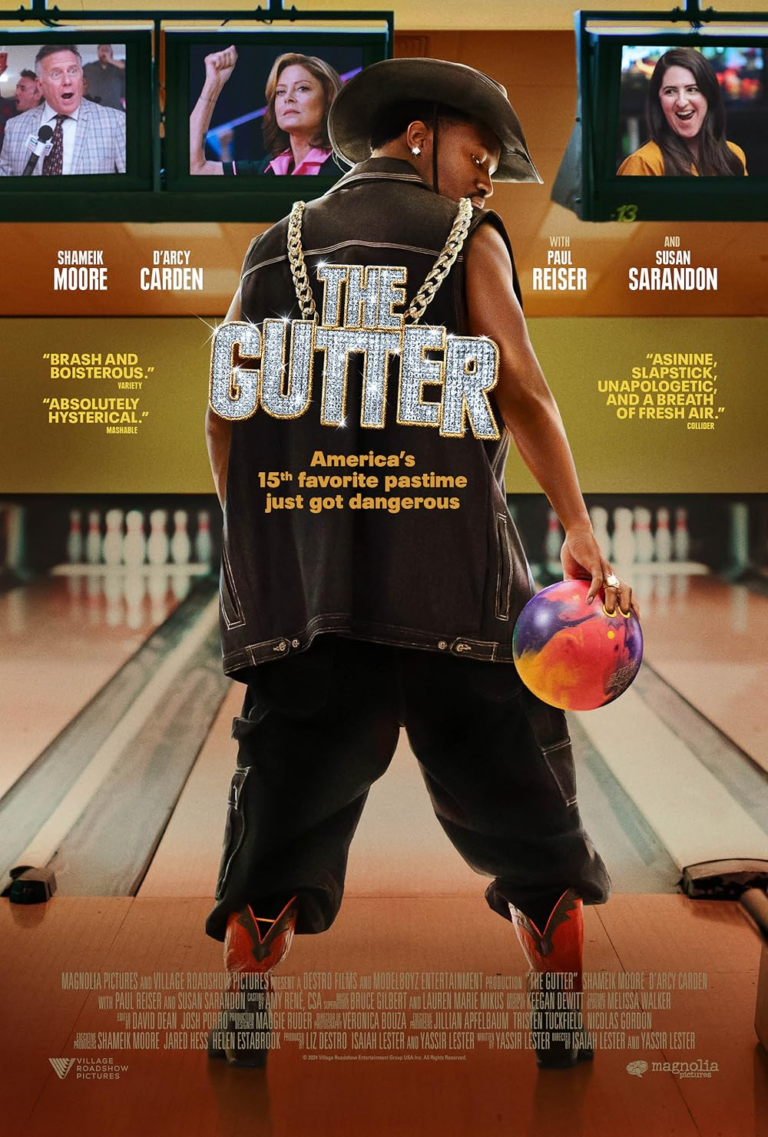The Godfather Christian Review

“The Godfather” is a film that superficially explores the themes of family, power, and morality in-depth. Weaved within the narrative is that of an organized crime syndicate, led by Don Vito Corleone, from whose pinnacle one is forced at the very core to ponder some very deep questions about morality, loyalty, and the consequences of our actions.
Finding Moral Threads
At the center of it, “The Godfather” is a tale of morality and how it is tried and distorted amidst power and tradition. Don Vito Corleone, though an evil mafia boss, comes across as a morally upright man. To him, nothing comes before loyalty, respect, and protection toward his family. His refusal to indulge in the drug business despite its profitability speaks volumes about where he draws the moral line. This would strike the Christian viewer as appealing, since it depicts the command to be faithful to one’s principles amidst continual temptation.
Family Ties and Tensions
Family lies at the heart of the film’s plot, both in its strong points and weak spots. The Corleone family is very close, held together by an allowing fidelity that will stop at nothing, be it legal or moral. Such display invites one to reflect on the biblical lessons regarding family, especially the obligations and intricacies this relationship carries along. The activities between the three brothers of the Corleone family—Sonny, Fredo, and Michael—bring out the point that familial love can both unite and divide.
869 Wrestling with Sin and Redemption
The character of Michael Corleone charts a morally ambiguous passage of transformation. His reluctance to join the family business gradually turned into a role that made him a mafia leader and, therefore, an embodiment of moral compromise and ethical dilemma. His transformation raises profound questions about sin, redemption, and how our actions impact us. For the Christian viewer, the fall of Michael is a lesson in itself: it warns him of the dangers of unbridled ambition and the corrupting influence brought forth by power.

Reflecting on Justice and Violence
Violence abounds in “The Godfather,” revoltingly so. Viewers are made to confront the biblical teaching about justice, forgiveness, and the sanctity of life in the face of criminal activities and their consequences. The violence serves as a reminder of just how awful sin is and the possible destruction it can do to people and communities. Contrasted with this, as Christians, we have been called upon to seek justice tempered with mercy. In contrast to this, films render us very clearly faced with a hard world fallen through the stark display of violence.
Ethical Boundaries Reflecting
As the story of “The Godfather” unfolds, it dances back and forth across ethical lines and into the gray moral choices of its characters. Don Vito’s holding on to some sense of honor within the criminal underworld raises some disturbing questions about where moral compromise might prove insupportable. Exactly how are we, as Christian viewers, to define where we place our ethical lines in a world swayed by the wrong and the right?. The moral ambiguity in the film speaks into the complexity of human nature and that somewhere there is no real end to the struggle between good and evil.
Conclusion: A Provoking of Thoughts
All in all, “The Godfather” has moved beyond its genre toward a more serious expression of morality, family, and power. For the Christian viewer, it offers an engaging tapestry of morally controversial subjects and ethical reflections that deal deeply with human introspection. Certainly, though, the meaning of violence and criminality that the film defines can be a bit uncomfortable, while its insight into human nature and the consequences for the choices men and women make finds timeless resonance in biblical truth. So, in the end, “The Godfather” asks the viewer to reconcile personal beliefs and values with the messy reality of the human experience—a journey at once affecting and thought-provoking for any audience.





